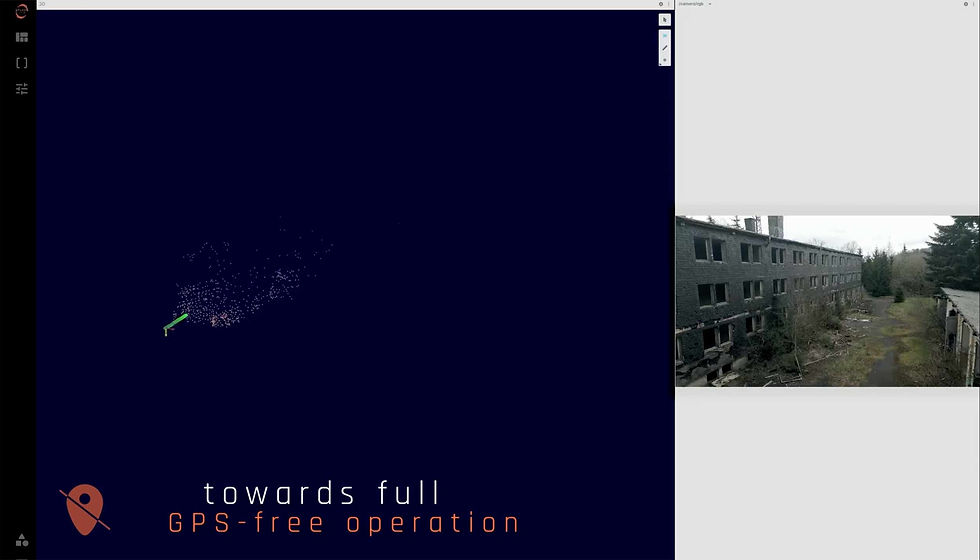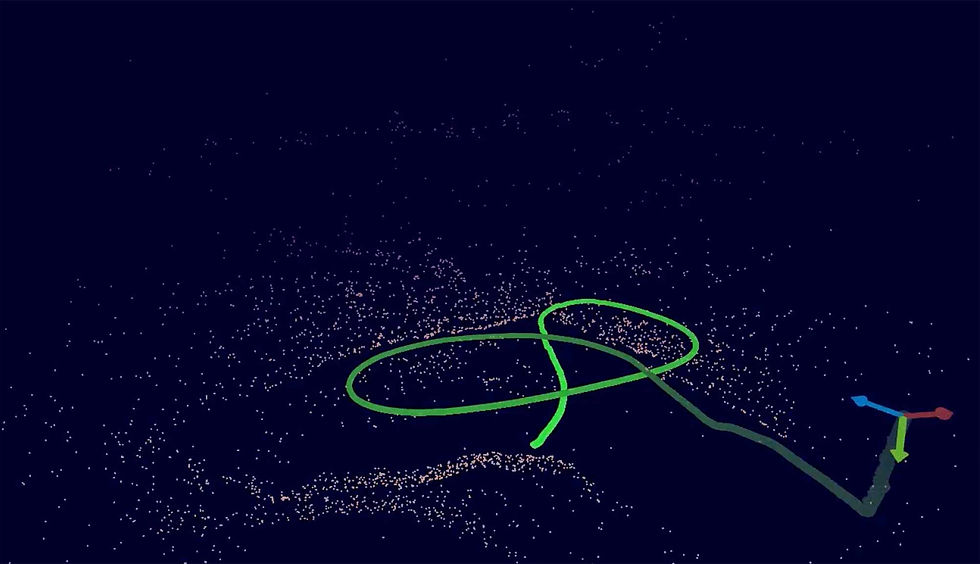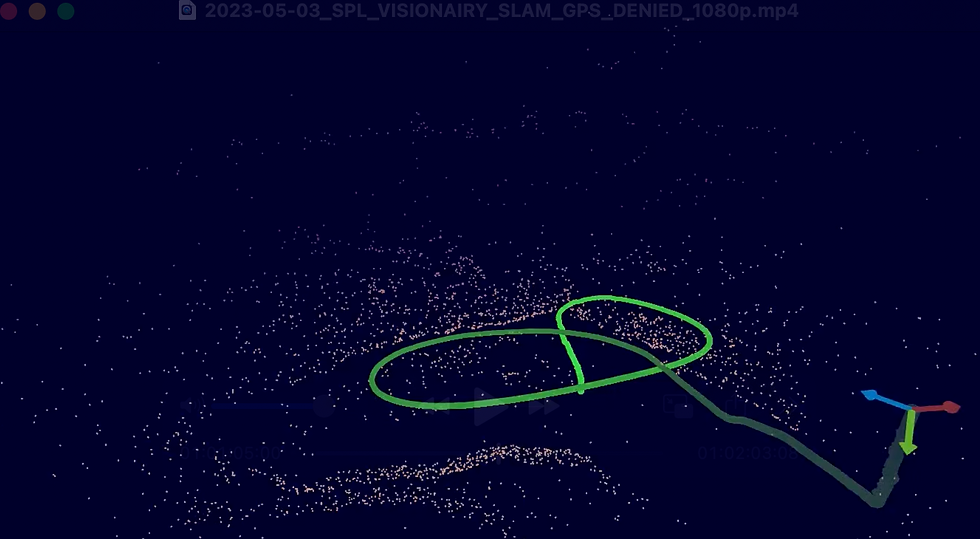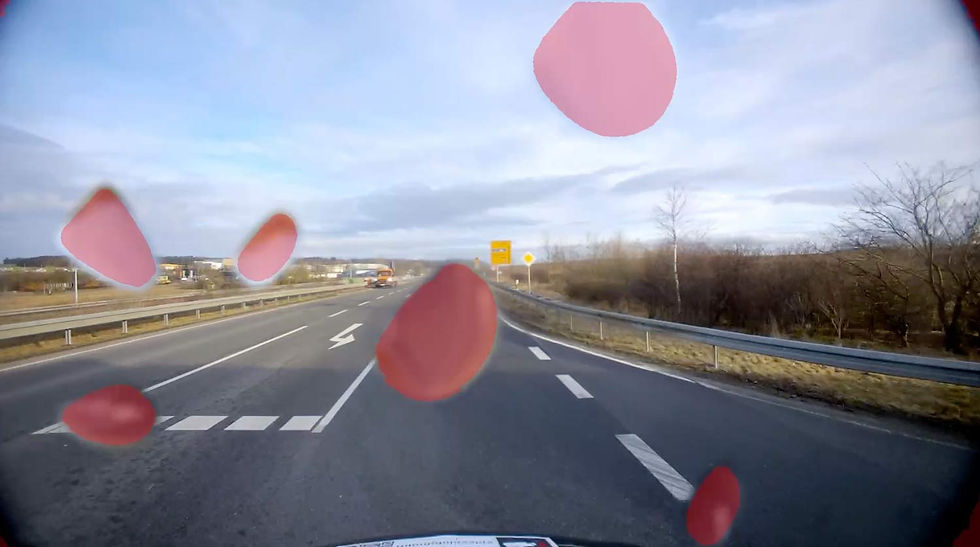
Solutions for Drones
Collision Avoidance
The Ever-Present Threat of Mid-Air and Ground Obstacles

To operate safely and effectively, especially in BVLOS or autonomous scenarios, drone fleets require advanced collision avoidance systems that can:
1
Reliably detect a wide range of static and dynamic obstacles in 3D space, under various environmental conditions
2
Accurately assess collision risks in real-time.
3
Autonomously execute evasive maneuvers to prevent impact.
4
Function effectively in GPS-available and GPS-denied environments.
5
Integrate seamlessly with the drone's flight control system without imposing significant processing or power burdens.
our AI solution
Equipping Drones with 360° Situational Awareness and Reflexive Safety
VISIONAIRY® Spatial Detection provides your drone fleet with a robust, AI-powered sense-and-avoid capability, enabling safe navigation through complex and unpredictable environments.
By understanding the drone's surroundings in real-time, our system proactively identifies and mitigates collision risks, safeguarding your assets, missions, and reputation.
VISIONAIRY® Spatial Detection leverages advanced algorithms and data from multiple onboard sensors to build a precise, real-time model of the drone's environment:
Intelligently identifies navigable airspace around the drone, understanding where it can safely fly.
Utilizes RGB and/or thermal cameras with sophisticated AI algorithms to detect obstacles like wires, branches, buildings, and other aircraft.
Incorporates LiDAR data for precise distance measurement and detection of fine or complex structures.
Can integrate radar for long-range detection and operation in adverse weather conditions (e.g., fog, heavy rain).
VISIONAIRY® Fusion contributes Camera Depth Estimation (IR | EO) to provide rich 3D understanding from visual sensors.
Differentiates between various types of obstacles to inform more intelligent avoidance maneuvers (e.g., static vs. dynamic, ground vs. air).
All detection and avoidance logic runs efficiently on the drone's onboard compute, ensuring low-latency responses critical for safety.
The Cost: Catastrophic Failures and Grounded Fleets
The consequences of a drone collision can be severe:
Loss of Asset
Damage or complete destruction of expensive drones and sensor payloads.
Payload Damage/Loss
Critical data, valuable cargo, or sensitive equipment can be lost or compromised.
Third-Party Damage
Risk of damage to property (buildings, vehicles) or injury to personnel on the ground.
Regulatory Scrutiny & Flight Restrictions
Accidents can lead to stricter regulations, operational stand-downs, and loss of flight permissions.
Resources

Demo Video

Whitepaper

Blog post
Drones Operating Blind to Their Surroundings
As drone operations become more ambitious and expand into complex, dynamic environments, the risk of collision is a paramount concern. Standard drone sensors and basic safety features are often insufficient to prevent accidents:
Related products

VISIONAIRY™
Visual Inertial Odometry

VISIONAIRY™
MAP BASED RELOCALIZATION

VISIONAIRY™
SLAM - EO | IR

VISIONAIRY™
SLAM - LIDAR
Enter the next level of safe navigation
ON BOARD
We support all chips, all sensors and all robots.
highest embedded performance
We support all chips, all sensors and all robots.
ON BOARD
We support all chips, all sensors and all robots.